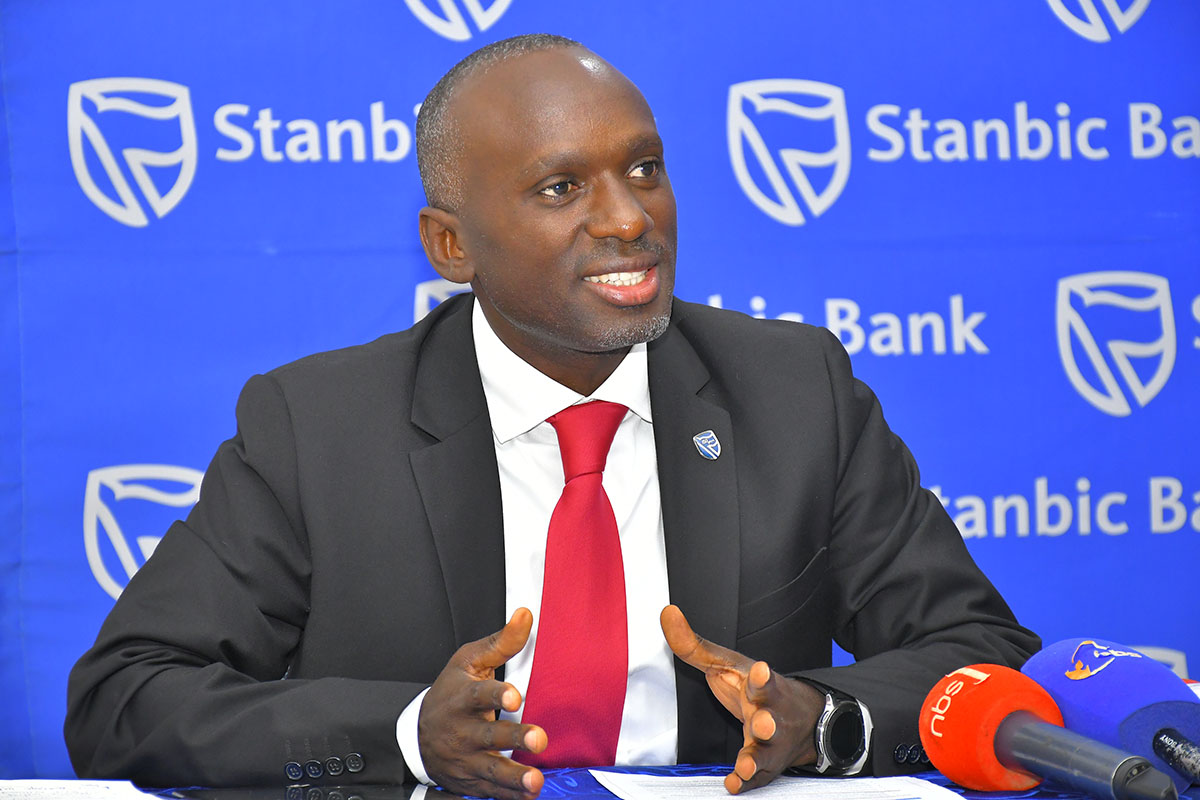In an effort to tackle the scarcity of PhD holders in the country, the government is initiating a national doctor of philosophy (PhD) program.
Prof Mary Okwakol, the executive director of the National Council of Higher Education (NCHE), announced that her agency is collaborating with the National Planning Authority (NPA) to establish this program as part of the government’s human resources training initiative. She made this announcement during an event commemorating the 20th anniversary of NCHE at the Kololo Independence Grounds on Thursday, October 12.
This event was attended by President Yoweri Museveni and the First Lady, Janet Museveni, who is also the Minister of Education and Sports.
The PhD Shortage Explained
To ensure that every university in Uganda has 60 percent of its staff with PhDs, the government has been striving to address the existing shortage of PhD holders in the country.
According to recent research published in the Makerere Journal of Higher Education, Uganda has awarded only approximately 1,197 PhDs between 1970 and 2020. Among these, 1,025 were awarded by public universities, with Makerere University being responsible for 923 (90.2 percent) of them, while private universities awarded only about 172 PhDs.
During the event, Okwakol also informed President Museveni about other projects that NCHE plans to undertake. This includes focusing on STEM (Science, Technology, Engineering, and Mathematics) programs to rebalance the enrollment of science and arts programs in higher education in Uganda. Currently, only 37 percent of programs are related to science, while the rest are in the arts (humanities) category.
NCHE’s plans also encompass the finalization of a research and innovation regulatory framework for higher education and the construction of a headquarters block to provide facilities like e-learning labs, research hubs, a data center, a state-of-the-art conference facility, and office space.
Additionally, NCHE is working with the government to amend the Universities and Other Tertiary Institutions Act of 2003, allowing for various reforms in higher education that align with the changing educational needs of the country.




















